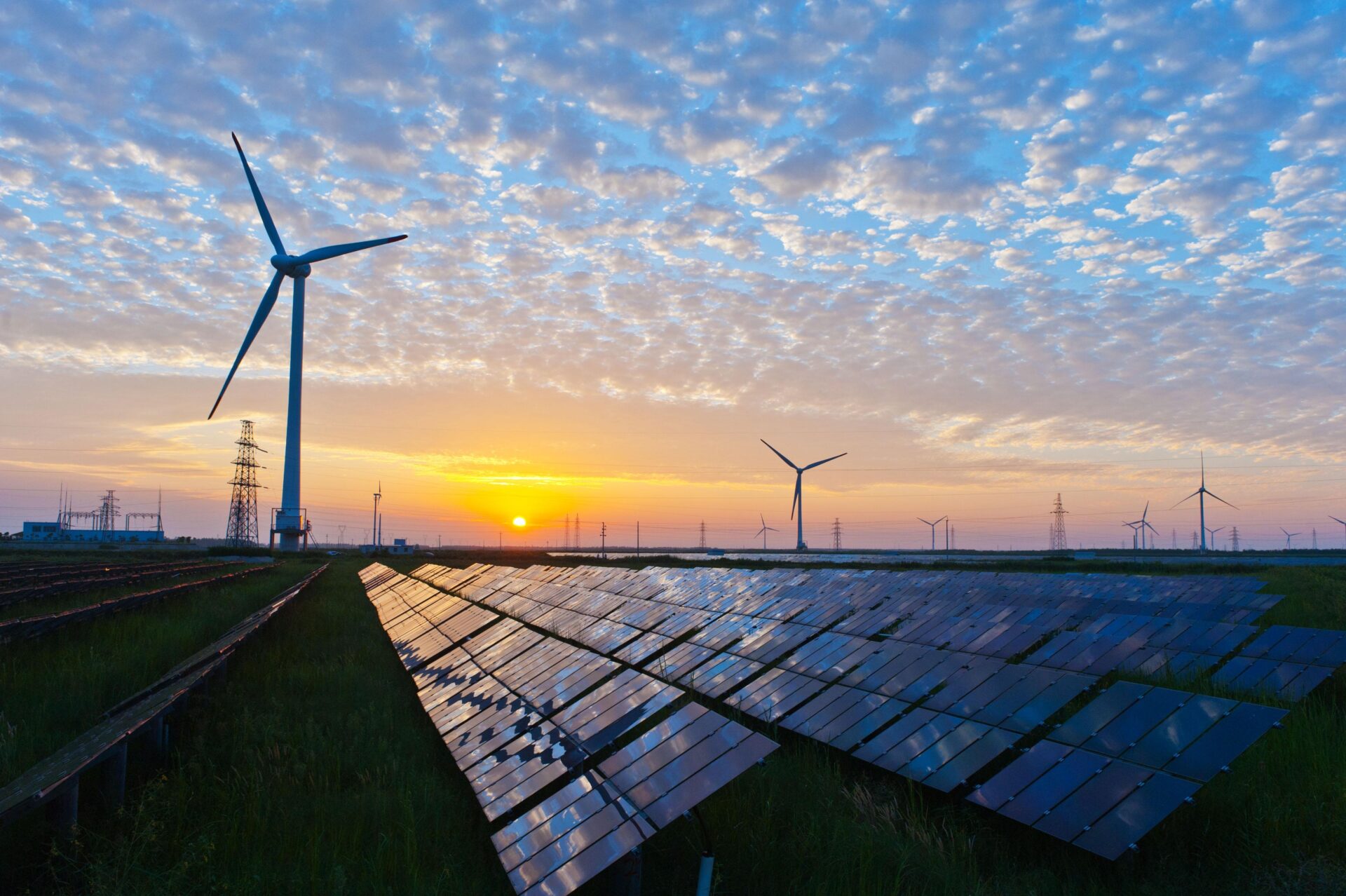With the creation of a European taxonomy, the European Commission is defining exactly which investments may be called "green" by investors. On Feb. 2, the European Commission published a proposal that clarifies whether investments in natural gas and nuclear energy can be called "green." The proposal is controversial; in fact, the European Commission proposes to include investments in nuclear energy and natural gas in the taxonomy as "transitional activity" under certain conditions.
Natural gas power plants
In summary, investments in natural gas power plants that have planning permission before 2030 fall under the taxonomy if they 1) use best available techniques and thus have relatively low emissions, or if they 2) run only part-time to contribute to grid stability. In addition, plants must be able to co-fire 100% low-carbon gases (such as green gas or hydrogen) by 2036 and must replace a more polluting plant, such as a coal plant. Investments in natural gas power plants that receive planning permission after 2030 may also fall under the taxonomy, but must then capture the emitted CO2 given the Commission's emissions requirements.
Nuclear Energy
For nuclear energy, investment in research and innovation in the area of safety or waste disposal remains possible. It remains possible to build new advanced nuclear power plants until 2045 and to modify existing ones until 2040.
Receipt of taxonomy
Several parties criticized the proposal. The Netherlands, Austria, Sweden and Switzerland sent a joint letter to the European Commission arguing against the inclusion of natural gas in the taxonomy. Germany also strongly supports the inclusion of natural gas in the taxonomy. The European Platform on Sustainable Finance, advisor to the European Commission on sustainable finance, believes that the requirements set for gas power plants are not stringent enough to sufficiently reduce CO2 emissions and that requirements for new nuclear power plants do not prevent environmental damage. France heads a group of member states in favor of including nuclear power, where countries like Denmark, Germany, Luxembourg and Portugal are against it, and in the case of Austria are even threatening to go to the European Court.
Process
The delegated act can be blocked within 6 months by a negative vote of half of the European Parliament or 20 out of 27 member states. Given France and Germany's support for (parts of) the proposal, opposition from 20 member states within the Council of the EU seems difficult to organize. In the European Parliament, a blocking vote seems more likely. Traditional European power party S&D, in which the Labour Party is represented, has already opposed the proposal. Green parties in the European Parliament (Greens/EVA and GUE/NGL) also do not support the European Commission's proposal; some parliamentarians from the Renew group, in which D66 and VVD are represented, will also not support it. However, since the party of French President Macron is represented in Renew, a unified dissenting vote will still require internal struggle.
The European Christian Democrats (EPP) and Conservatives (ECR) do seem likely to back the proposal. Since group discipline in the European Parliament is lower than in the House of Representatives, achieving a majority will depend on votes from individual parliamentarians. Full support from S&D, Renew, Greens/EFA and GUE/NGL would guarantee a narrow majority in Parliament.
During the coming months it will become clear where the dividing lines between and within the different European political groups in the European Parliament lie. Bas Eickhout (GroenLinks) is negotiating on behalf of the European Parliament about the taxonomy with the European Commission and Member States and from this role will try to find sufficient support to block the proposal. Meanwhile, the European Commission is keeping its fingers crossed for support and hopes for the taxonomy to enter into force on Jan. 1, 2023.

